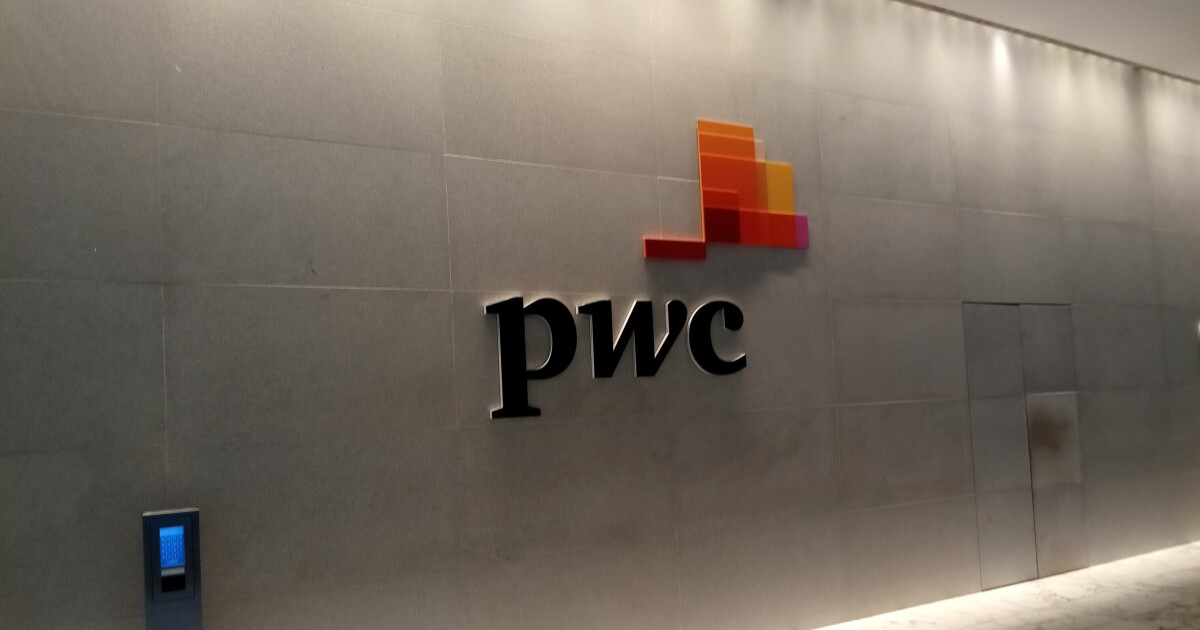As Mahatma Gandhi famously said, “If you don’t ask, you don’t get it.” I bring this up because young accountants (and soon-to-be accounting graduates) are increasingly telling me they must take any assignment their firm gives them.
I understand not wanting to make “waves” when you’re just starting your career. But if you don’t have a clear vision of your future self as a CPA, then you’re never going to get there. And when you continually settle, you could be on the fast-track to burn out. Tri-Merit’s CPA Career Satisfaction Survey, among other studies, have shown that burnout is not only caused by long hours and constant stress. It can also be caused by boredom or just feeling increasingly disengaged from your job and your colleagues.
In a perfect world, your company or firm should collaborate with you to align your work with your career goals. This is huge for recruiting and retaining top talent like you. Unfortunately, it doesn’t always work out that way. That means you need to take charge of controlling your career and for being your own advocate. That means getting clear about your passions.
Identifying your passions
I’ve had a lifelong love affair with entertainment, gaming and numbers. As a child I always claimed the role of banker when playing Monopoly. Growing up, I loved playing video games with my siblings too, whether it was Mario Kart battles or teaming up in co-op adventures. Outside, we spent hours playing football and basketball where competition and strategy were just as exciting. That drive for competition and the thrill of winning — whether in video games or sports — fueled my love for gaming.
Watching characters evolve and worlds unfold has always inspired me. It’s part of what drives my passion for connecting finance to these industries. In many ways, a financial statement is a big puzzle to solve.
I started my career at the Big Four firm where I had interned in college. I was thrilled to have a job at such a prestigious firm even though I knew my first stop — auditing for a large retail chain in Florida — was not where I wanted to spend my career. To lay the groundwork for a transfer to a more interesting area, I made sure I was always one of our group’s strongest performers and used my spare time to scour the firm’s website to identify the partners and managers in charge of the media and entertainment practice. I stayed up on current events in the entertainment industry and even took CPE courses to learn more about accounting issues and nuances of the media and entertainment business.
Once the retail audit in Florida was done, I reached out to my resource director and asked if she knew of any job openings in the media and entertainment practice. The firm had NBC as a client in Los Angeles and New York. It had just opened up a smaller audit for the Puerto Rico division that was headed up in Florida. I liked my chances. But the retail group needed someone year-round in my role. Since I was one of the strongest performers, they didn’t want me to go. So, I kept working hard but never stopped pushing for a transfer and was finally offered an audit assignment for NBC New York. Right before I accepted the transfer, an older colleague I was close with told me that if I really wanted a career as an entertainment industry accountant, then I would have to be in Los Angeles where all the action was. Plus, I didn’t want to go back to the cold weather after my time in Florida.
Instead of moving to New York, I kept looking for opportunities on the West Coast. Eventually, a recruiter told me about Siegried, a nationwide leadership and financial advisory firm with a growing presence in the Los Angeles entertainment market. I flew out for a weekend interview. I was hired soon thereafter as a 23-year-old senior accountant and moved to LA.
I quickly got exposure to entertainment industry leaders such as Caesars and Fox. The Fox assignment was especially rewarding as we had to create 16 new financial statements from scratch for different parts of the company that never had their own financial statements before.
From Siegfried, I moved on to Netflix and ITV America before starting my own firm, KCK CPA, which provides accounting and financial advisory services to entertainment and cryptocurrency companies. I had always been interested in entrepreneurship, so going out on my own felt like a natural career progression. I even started CPAcon, a conference designed to help change the narrative in accounting and to bring excitement, competition and community through gamified learning into the profession. CPAcon is essentially the accounting industry’s Super Bowl!
5 keys to charting your ideal career path
1. Clarify your goals: Understand why you’re passionate about an industry and how it aligns with your skills and career aspirations. Even if you don’t know what your true passion in life is, that’s OK. What types of things do you find yourself doing when nobody is forcing you to do it? What energizes you? For example, if you like shopping, you could look into career opportunities in retail. If you love cooking and hosting dinner parties, you could consider the restaurant or hospitality industry. Try to get part-time jobs or internships in those industries, so you’ll get a feel for which parts of the industry you like and which parts you don’t like before making a full-time commitment there.
2. Do your research: Learn about your current (or prospective) firm’s involvement in your desired industry. The web and AI have made it incredibly easy to do research on targeted companies and industries. But you must also get out and talk to people in those industries and ask them what their experiences have been like. Also talk to the managers and their direct reports at your firm who are working in your targeted industry. They’re tasked with helping to develop talent and so they’ll appreciate knowing what you’re really interested in and think you might be good at. Lean into face-to-face interaction, even if that makes you uncomfortable at first.
3. Show your value: Highlight your performance and explain how your interests could benefit the firm, such as bringing fresh perspectives or expanding the client base. There’s always a need for fresh ideas and approaches in our profession. Accounting firms are prone to SALY (Same as Last Year) thinking. But you’re young. You can bring in a fresh take such as: “Hey, I understand how you guys do this. But I learned this: x, y and z. Do you think this would be interesting to you?” They might not agree, but it shows you have an interest in their business and that you’re taking the initiative to learn. That will help you stand out.
4. Have a thoughtful conversation: Schedule a meeting with the managers and resource directors at your firm to discuss your career development, share your interests and propose actionable steps, like taking on relevant projects or clients. They usually have control over your schedule and how your time is allocated at the firm. Make them your allies.
5. Be patient but persistent: The influencers you’re trying to reach are busy people and may not have the same sense of urgency as you do. This is one of the hardest lessons for young professionals to learn. Just because you sent someone a text or email doesn’t mean they’re going to drop everything to read it. You must keep reminding them who you are and what you’re seeking. You may need to follow up every week or two (put it in your calendar or reminder tool) to keep the heat on. Don’t worry about being too pushy —- they’ll let you know if you’re over-stepping. More often than not, they’ll appreciate the courteous, professional reminders.
No one knows you better than yourself and it’s on you — not your employer — to chart your most fulfilling career path. Be your own advocate. My journey from retail auditing to entertainment industry accounting wasn’t just luck — it was the result of careful planning, persistent networking and a clear vision of where I wanted to go. You can too.


 Accounting1 week ago
Accounting1 week ago
 Finance1 week ago
Finance1 week ago
 Economics6 days ago
Economics6 days ago
 Finance1 week ago
Finance1 week ago
 Economics1 week ago
Economics1 week ago
 Economics1 week ago
Economics1 week ago
 Personal Finance5 days ago
Personal Finance5 days ago
 Economics4 days ago
Economics4 days ago












